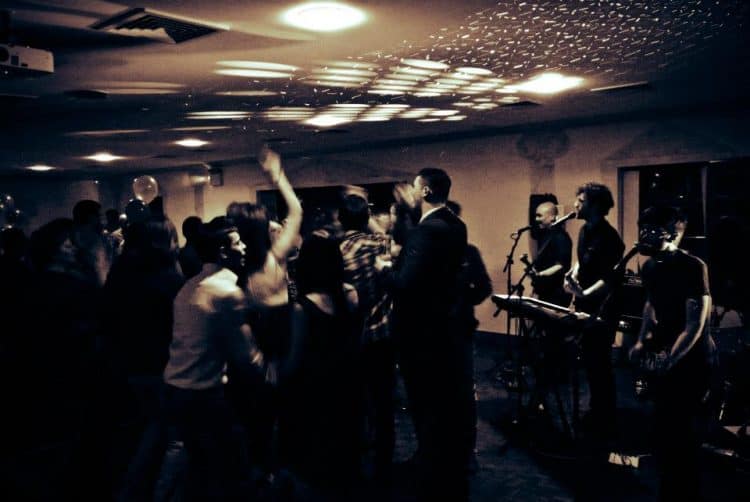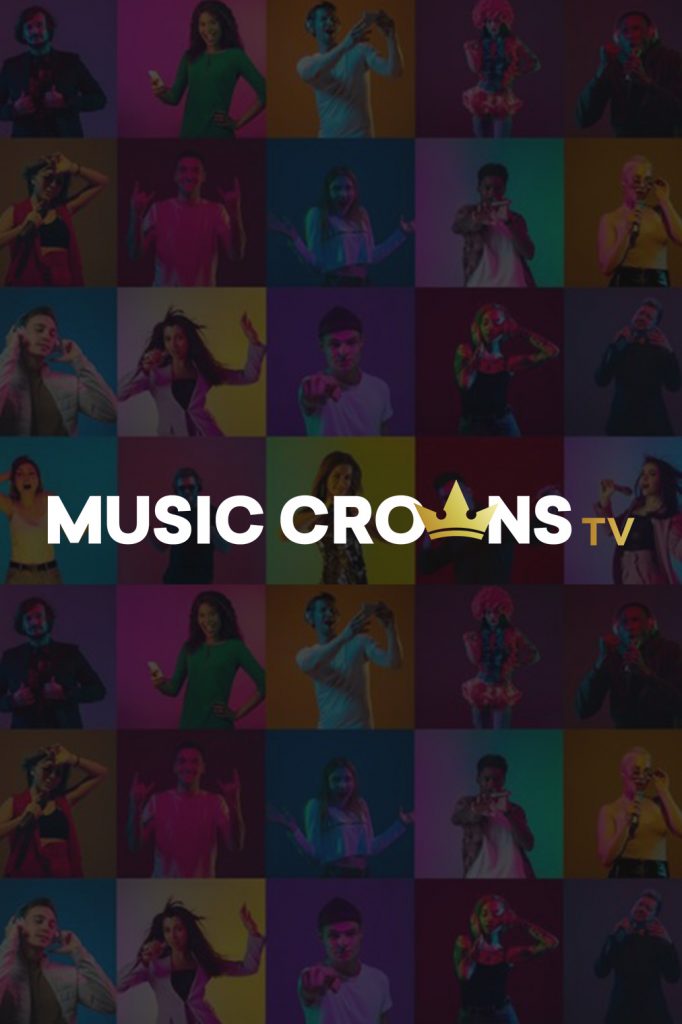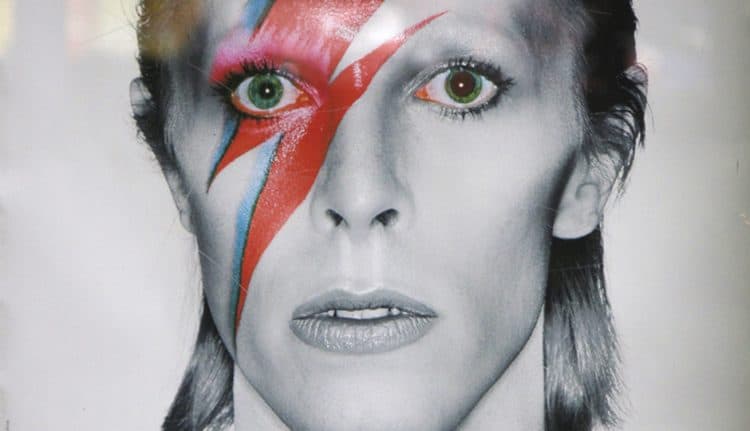 Creating your own musical identity
Creating your own musical identity
Before anything else, it’s essential to be honest about what you’re trying to do. What do you want your identity to be? Your identity is your own personal brand; the first and last thing people think of when your name is mentioned or your song comes on shuffle. It’s what separates you from everyone else. For the lucky few, this might happen organically, but the emphasis there is on the word “few”. Creating your own brand should in no way be seen as a superficial process. As an artist, you should know more than anyone else what you stand for and how you want to be seen; marketing yourself as a brand will enable others to see your vision more clearly.
Ask yourself the follow questions:
What makes you unique and memorable?
What distinguishes you from your competition?
Who are your target audience and why are they going to connect with you?
Music
By this point, if you’ve decided you want to be a musician, you’re probably going to know what kind of music you want to make. 9/10 it’ll be the music you listen to. That said, nearly all artists start out by covering the work of others. While it’s good to be ambitious, it’s important to be realistic. Everyone wishes they had a voice like Mariah Carey but unless you know you can hit those whistle notes, it’s probably wise to leave it to her.
The songs you cover need to appeal to your chosen target audience. If the demographic you want to appeal to is 16 to 25-year-olds that are interested in pop music, an Iron Maiden cover isn’t the way to go.
Despite it not being your own material, the idea is to leave people feeling as though they’re hearing the track for the first time. The personal spin that you put on a track should tie all of the tracks you cover in together.
Put as much effort into the songs you cover as you would an original song.
If you’re not sure how to adapt the song, look into other artists that have covered the same song and see how it has been arranged.
Don’t cover a song that you’ve already heard 1,000 covers of that week. Originality is everything.
Invest in the appropriate equipment. It’s difficult to believe an artist is serious if they’re recording from a phone in a visibly messy bedroom.
Check out Music Crowns’ own artist, Daisy Clark, talking her subscribers through the gear she uses to record videos below.
Name
You never get a second chance to make a first impression, and your name can put someone off your music before they’ve even hit the play button. If you’re a solo artist and your real name is catchy, or you have already established an audience with it, the thought of using anything other than the one you were born with may not occur to you, but choosing the right name is incredibly important.
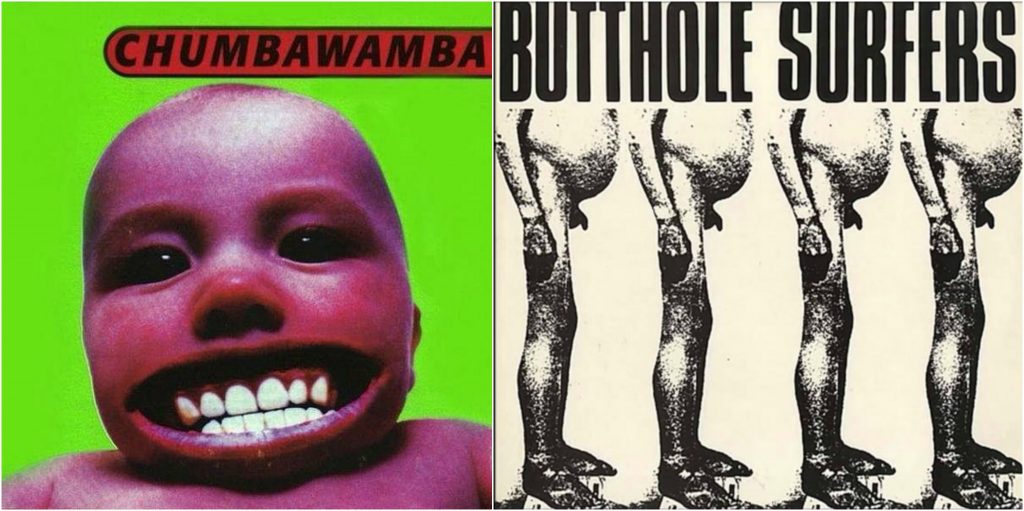
The name should reflect the mood and imagery that fits with your vision, and it should give your intended audience a clear idea of what to expect when they hear your music or see you perform.
Remember what a name is intended to do – make you memorable and recognisable. A name with an overly strange spelling that no one can read may be defeating the purpose.
It’s important that you make sure that the name you go with hasn’t been used before. A few google searches should help you work this out pretty quickly.
Logo
This may not seem important in the early stages but your logo, likely to feature your artist/band name in full, will be plastered across everything from your website to your merchandise. An effective logo tells a story about the band/artist it represents, while also playing a significant role in drawing larger audiences. Your logo is a graphic representation of yourself and should be immediately identifiable. Go for something clean, slick and constantly relevant.
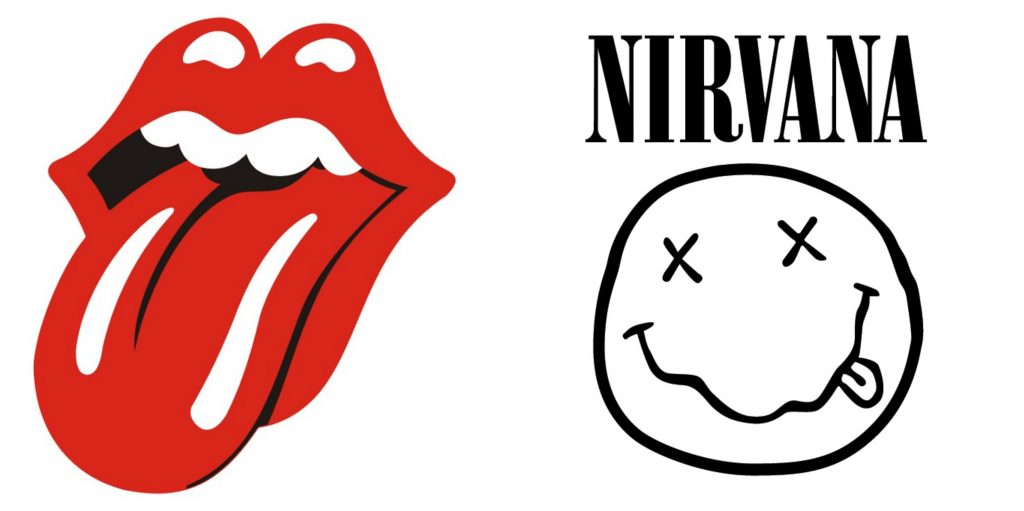
Social media
Social media has been responsible for the launch of countless music careers; Justin Bieber, Adele and The Weeknd (to name a few), were all discovered online. If utilised properly, social channels can be emerging artists best friend. With the ability to connect you directly with countless potential fans, the introduction of social media has been absolutely revolutionary for artists trying to make themselves known. Music fans leave one of the biggest online footprints on social channels; identifying and engaging with these people is crucial.
It’s also important to remember that in 9 out of 10 cases, major labels and industry big-wigs will be very cautious about working with an artist with poor social media presence.
“We encourage every artist to have accounts on the likes of Facebook and Twitter,” says Naoise Ryan of Universal Music Group. “It’s really important that they are accessible, plus it allows them to be closer to their fans and interact in ways that can benefit both parties. Nothing positive can come from ignoring fans in today’s music scene.”
Pick platforms that are relevant to your image and brand. Facebook, Twitter and Instagram are highly recommended but it depends on what you’re trying to accomplish and who you are targeting. For example, there’s little to no point in investing your time into developing a Snapchat presence if your target audience is aged 35 – 65.
Give fans a glimpse of your life, as well as your music. Allowing people to feel as though they’re getting to know you on a personal level can be a great way of keeping them engaged. Whether it’s socialising, shopping or rehearsing – giving your audience “behind the scenes” access will make them feel like they too are a part of it.
Share the music of others, not just your own. Networking with bands in your area is a great way to create an atmosphere for gig swapping and collaboration as well as cross-promotion of content.
Don’t spam. Stay well clear of constant streams of shameless self-promotion – the last thing you want is for your audience to get sick of your posts. Remember, it’s about quality, not quantity.
Don’t force your music down people’s necks. Constantly telling people to “Check out my Soundcloud!” and commenting on other people’s videos telling them to check out yours is not a good look.
Post often and monitor your platforms as much as you can.
Never use social media to hound music press.
Consistency
When you’re building a website, designing album covers, or creating Facebook pages and press packs, it’s easy for your creative streak to run wild and for branding, voice and consistency to take a back seat. Sometimes consistency can feel repetitive and constrictive, especially when you’re repeating the same words, images, colour schemes and ideas over and over again. That said, it’s essential that your Facebook fan page matches your website, which needs to match your Twitter account, which should match your Soundcloud. You can see where we’re going with this.
Don’t forget…
The music industry is competitive and cutthroat. Getting anywhere will require hard work, patience, a persistent attitude and most importantly, talent!
